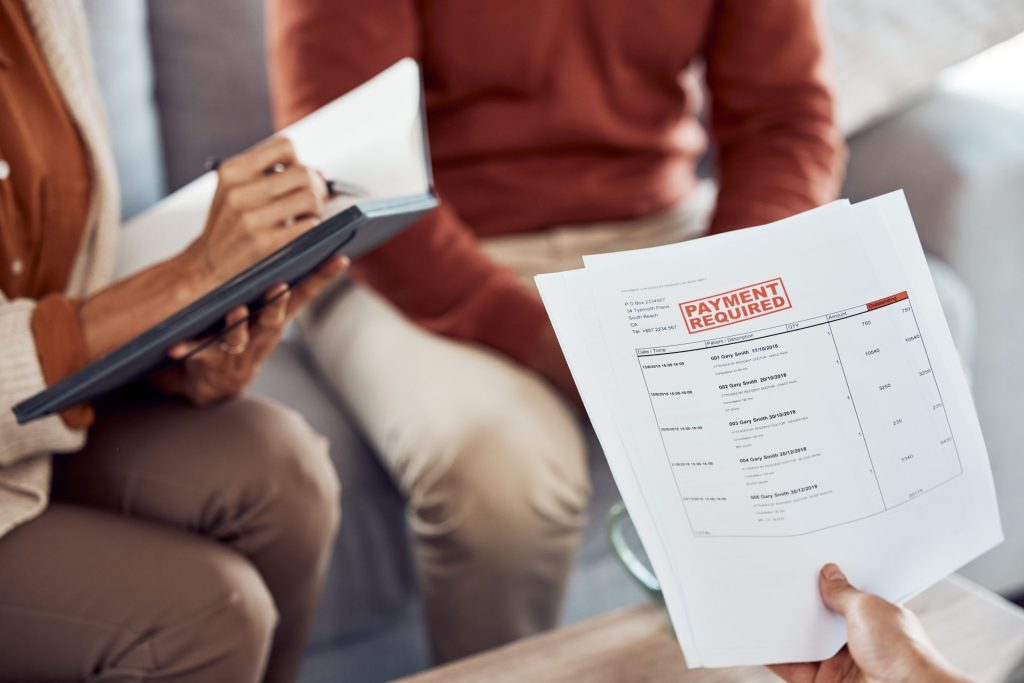Credit cards, loans and mortgages make it all too easy to buy what you can’t normally afford. But while borrowing money is often necessary to make significant purchases and build credit, if you’re not careful, you could find yourself in a pattern where you are spending more than you earn. Your bills start to pile up, debt collectors start harassing you and your credit score plummets. If this sounds familiar, there’s a good chance you aren’t within your means.
At best, grappling with personal debt for some time will require you to pay a small fortune in interest. At worst, you may wind up so deep in debt that you must file for bankruptcy to get out of it. Here are three signs you are headed for trouble and need to reevaluate your spending:
You’re not saving any money
Of course, if you’re living beyond your means, you’re probably not able to put aside any money into your savings. Experts recommend setting aside a minimum of 10% of each paycheck for emergency savings or retirement. Otherwise, an unexpected event like a job loss or serious health problem could easily disrupt your life.
You carry your credit card balance month to month
If you can only afford to make the minimum payments on your credit cards – or can’t afford the payments at all – you are in over your head financially. Any balance you don’t pay off on your credit card each month accrues interest, so it’s essential to pay off as much as you can each month, so you don’t get buried in interest charges. According to Credit Karma, you should aim to keep your credit utilization under 30% each month.
You’re missing payments each month
Perhaps one of the most obvious signs you’re living beyond your means is not being able to afford your monthly obligations. If you’re struggling to keep up with your student loans, mortgage or credit card payments, it’s time to create a new budget or perhaps file for bankruptcy protection. Payment history is one of the biggest factors in determining your credit score.
If you’re used to overspending or living beyond your means, getting yourself out of debt and back on budget can feel impossible. However, by focusing on paying down your debts and reassessing your spending habits, you can begin to get your finances back on track.







